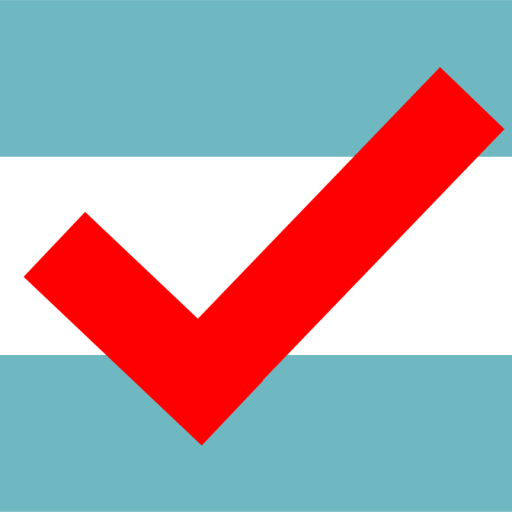The first Tuesday in November is a big day for American democracy. Chicago doesn’t have an election this time around, but big issues and elections are on the ballot in other municipalities around the country, including New York City. Local elections are vital for democracy: they help us select the vast majority of officials who make decisions on our behalf, and local issues like policing, education, infrastructure, community development, and property taxes affect our lives, families, and neighborhoods directly.
Unfortunately, local elections often have VERY low turnout–somewhere around 10-20% of registered voters is common in such elections. This means those who DO turn out have a bigger say in the outcomes.

It also means that local politics are also great venues for new participants and organizations. New ideas can bubble to the surface, and gain traction locally even if they might not make the national agenda. It’s also a forum for people to practice their hand at the practice of politics–getting out to speak with their neighbors, organize for campaigns, and help shape their communities.
In New York, special elections rules called fusion voting make it easier for minor parties to gain traction. The Working Families Party, which started in the mid-1990s, is one of the more interesting organizations there. This cycle, they endorsed candidates in over half of city council districts in the Democratic Primary (those that are light blue in the map above), including 8 candidates who were challenging incumbents (the darker blue shade). In a place that’s overwhelmingly Democratic in national elections, locally-rooted challengers can help promote democratic responsiveness. Here’s another link to see what’s happening at the state and local level in today’s elections around the country. Those places might be interesting to watch in today’s voting; we’ll have further analysis when the results are in!

You must be logged in to post a comment.